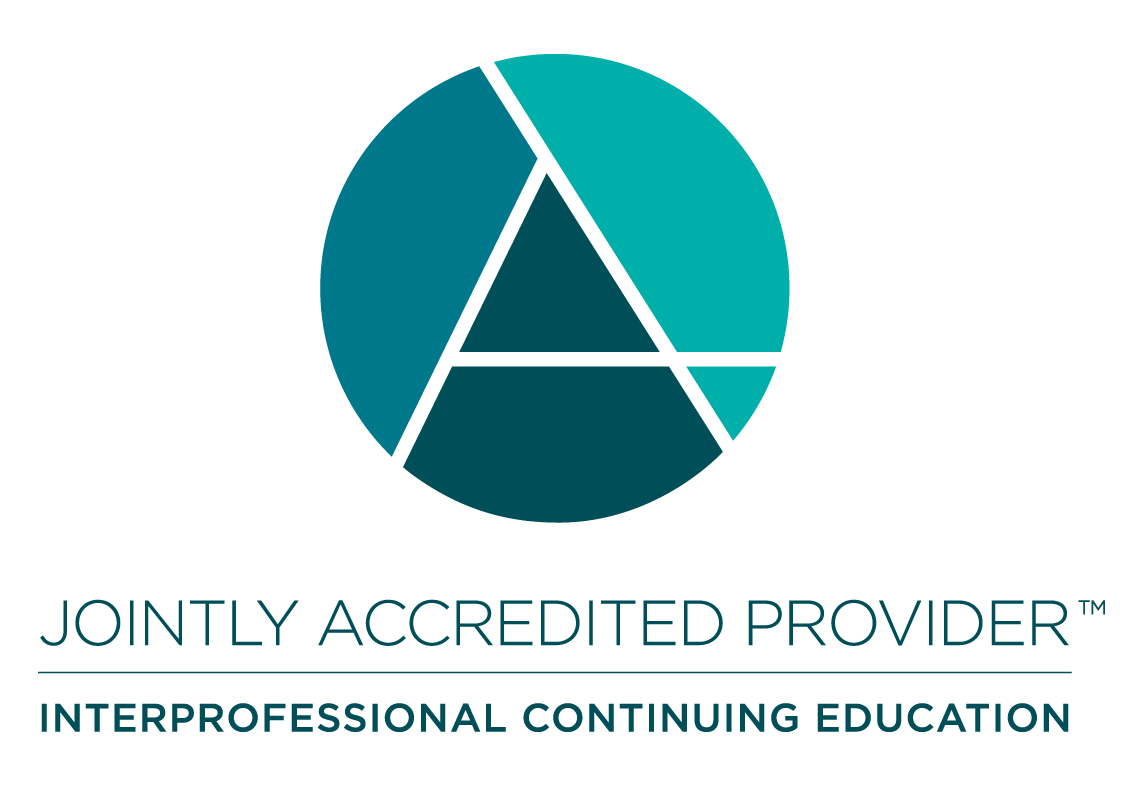
Promoting Pediatric Lead Screening
-
Register
- Non-member - Tier I - Free!
- Non-member - Tier II - Free!
- Non-member - Tier III - Free!
- Non-member - Tier IV - Free!
- Member - Tier I - Free!
- Member - Tier II - Free!
- Member - Tier III - Free!
- Member - Tier IV - Free!
This free training will underscore the importance of pediatric lead screening in the Pacific Northwest. The goal of this training is to provide clinicians, allied health professionals, and public health professionals with the latest information on the importance of pediatric lead screening, as well as lead poisoning management and prevention.
Learning Objectives
- Describe the importance of childhood blood lead level screening.
- List 2 potential sources of lead exposure.
- Describe that elimination of the exposure source is key in managing lead exposed children.
- Describe the Medicaid screening and reporting guidelines for lead
- List 3 resources available pertaining to lead screening, diagnosis, management, and prevention
Presented By

Catherine Karr, MD, PhD
Director, Professor
Department of Pediatrics
Department of Environmental and Occupational Health Sciences
University of Washington
PEHSU Region 10
Continuing Education Information
Origination Date: 01/11/2019
Renewal Date: 01/11/2021
Expiration Date: 01/11/23
HARDWARE/SOFTWARE: Computer Hardware; Internet connection; Browser
MATERIALS: None
TARGET AUDIENCE: Physicians, Registered Nurses, Advanced Practice Nurses, MDs, DOs, Licensed Practical/Vocational Nurses, Other Health Educators
PREREQUISITES: None
FORMAT: Web-on-demand.
CONTACT INFORMATION: PEHSU Office, 206-221-8671
ACCREDITATION STATEMENTS:
 | In support of improving patient care, this activity has been planned and implemented by Centers for Disease Control and Prevention and University of Washington Department of Environmental and Occupational Health Sciences. The Centers for Disease Control and Prevention is jointly accredited by the Accreditation Council for Continuing Medical Education (ACCME), the Accreditation Council for Pharmacy Education (ACPE), and the American Nurses Credentialing Center (ANCC), to provide continuing education for the healthcare team. |
CME: The Centers for Disease Control and Prevention designates this enduring activity for a maximum of 0.5 AMA PRA Category 1 Credits™. Physicians should claim only the credit commensurate with the extent of their participation in the activity.
CNE: The Centers for Disease Control and Prevention designates this activity for 0.3 nursing contact hours.
DISCLOSURE: In compliance with continuing education requirements, all presenters must disclose any financial or other associations with the manufacturers of commercial products, suppliers of commercial services, or commercial supporters as well as any use of unlabeled product(s) or product(s) under investigational use.
CDC, our planners, presenters, and their spouses/partners wish to disclose they have no financial interests or other relationships with the manufacturers of commercial products, suppliers of commercial services, or commercial supporters. Planners have reviewed content to ensure there is no bias.
Content will not include any discussion of the unlabeled use of a product or a product under investigational use.
CDC did not accept commercial support for this continuing education activity.
WP4070
